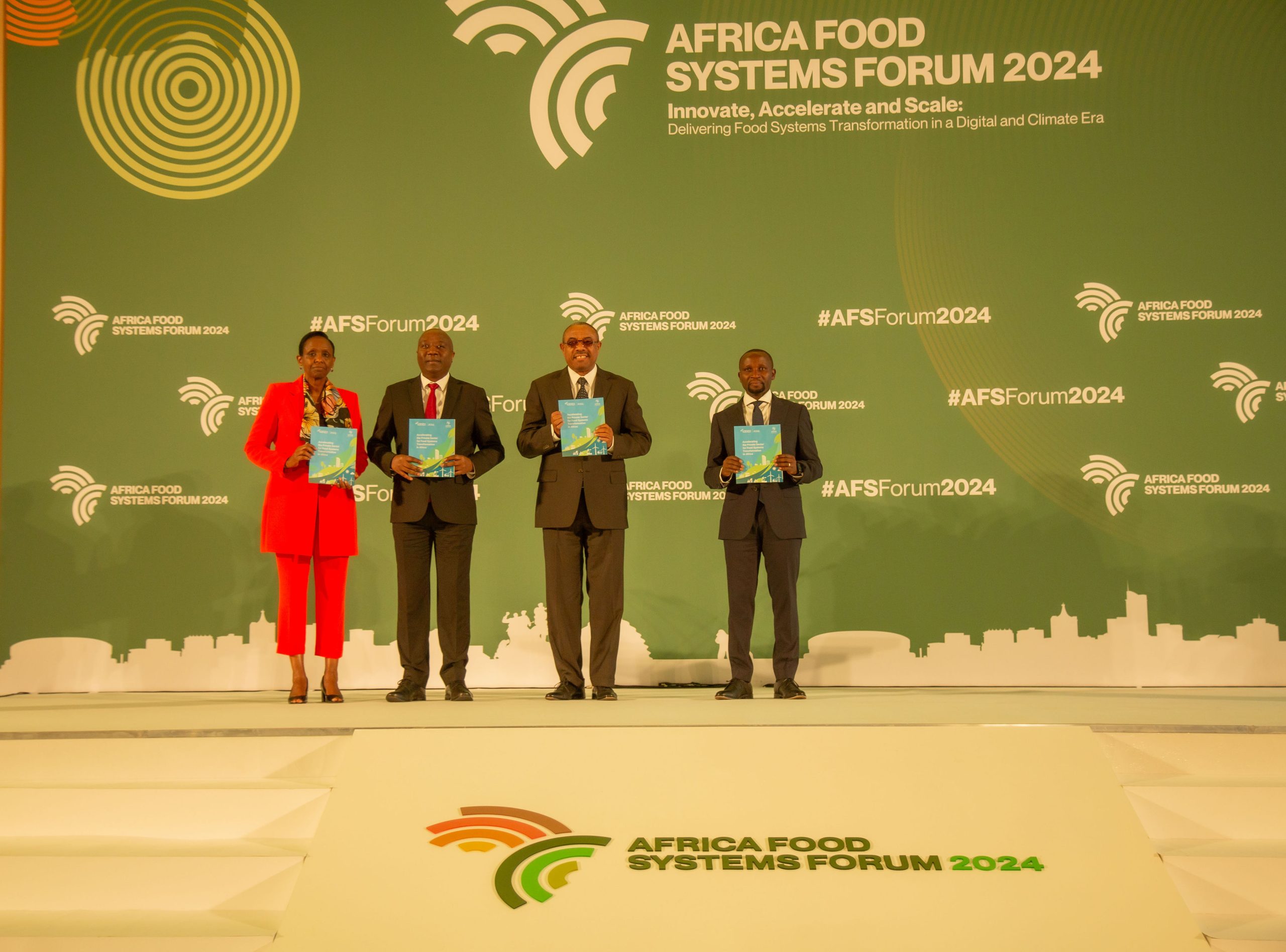Kilimokwanza.org Team
The 2024 Africa Agriculture Status Report (AASR), titled “Harnessing the Private Sector for Food Systems Transformation in Africa,” provides a comprehensive overview of the current state of African agriculture. The report highlights critical data and insights that shed light on the challenges and opportunities facing the continent’s agri-food sector. Here are the nine most important things you need to know:
- Blended Finance is Key to Agricultural Development
Over 70% of blended finance commitments are directed toward lower-income countries, with Sub-Saharan Africa (SSA) accounting for 41% of these deals and 33% of the total value. This significant allocation underscores the importance of blended finance in supporting agricultural development across Africa, enabling projects that might otherwise struggle to secure funding. - MSMEs Dominate the Agri-Food Private Sector
Micro, small, and medium enterprises (MSMEs) form about 85% of the volume of activity within Africa’s agri-food private sector. In contrast, upper-tier medium/mid-sized and large enterprises (MLEs) make up roughly 15%. This highlights the pivotal role MSMEs play in driving agricultural activities and value chains across the continent. - MSMEs are Crucial for Rural Employment
MSMEs provide between 20-25% of total rural employment in Africa (in full-time equivalents), compared to just 4% for farm wage employment and 39% for own-farming employment. This data underscores the vital role of MSMEs in creating jobs and supporting livelihoods in rural areas, particularly for youth and women. - Urban Food Markets are Growing Rapidly
The share of the urban food market in Africa has increased to 43% of total food output consumption as of 2023, up from 28% in 1990. The urban market is nearly nine times larger than the export market, illustrating the critical importance of domestic urban markets in driving food demand and supporting agricultural production. - A Significant Financing Gap for Agricultural SMEs
The financing gap for agricultural SMEs in Africa is estimated to be between $55 billion and $80 billion annually. This substantial shortfall highlights the pressing need for more accessible financial services and innovative financing solutions to support the growth and sustainability of SMEs within the agricultural sector. - Reliance on Informal Financing is High
Approximately 80% of informal businesses in Sub-Saharan Africa are started with the owner’s funds, with only 2% utilizing formal financing. This reliance on informal financial sources points to the challenges many entrepreneurs face in accessing formal credit, which is crucial for scaling and sustaining their operations. - SMEs Face Significant Credit Constraints
More than half (55%) of SMEs in Sub-Saharan Africa are partially or fully constrained by financing issues. Smaller firms are less likely to use banks for working or investment capital and are more than three times as likely to be rejected when applying for such facilities. This data highlights the barriers to financial inclusion for small enterprises and the need for targeted interventions to improve access to finance. - Urban Population Growth Drives Market Expansion
The urban population in Africa has grown 3.5 times, from 145 million in 1990 to 508 million in 2023. This rapid urbanization has significantly driven the demand for food and agricultural products, creating new opportunities for agribusinesses to cater to expanding urban markets. - Private Sector’s Role in Food Security and Economic Growth
MSMEs and MLEs play a central role in procuring, processing, wholesaling, and retailing the vast volume of food purchases across Africa. They are vital in supporting small farmers’ incomes, enhancing climate resilience, and ensuring food security, which is crucial for sustainable economic development on the continent.
These nine key insights from the 2024 AASR highlight both the potential and the challenges of African agriculture. The report emphasizes the need for continued investment in infrastructure, financial access, and supportive policies to unlock the full potential of the agri-food sector, ensuring food security and economic growth across the continent.
